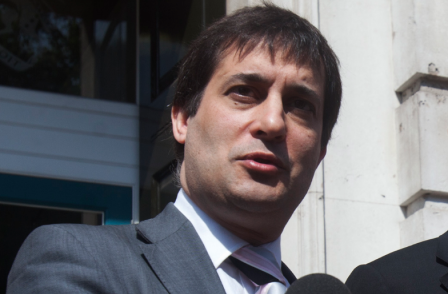
A change in the law to protect journalists and whistleblowers from state snooping has become official Liberal Democrat policy.
The move comes a month after the launch of the Press Gazette Save Our Sources campaign to stop police and other public authorities secretly grabbing the phone records of law-abiding journalists.
The party’s conference yesterday overwhelmingly backed a motion which called for new public interest defences in various piece of legislation (including the Regulation of Investigatory Powers and Computer Misuse Acts) to “protect responsible journalism”. The amendment also calls for the protection of “legally privileged and journalistic material from requests for telephone and other records”.
You've reached your limit of free articles
Please register now to continue reading

